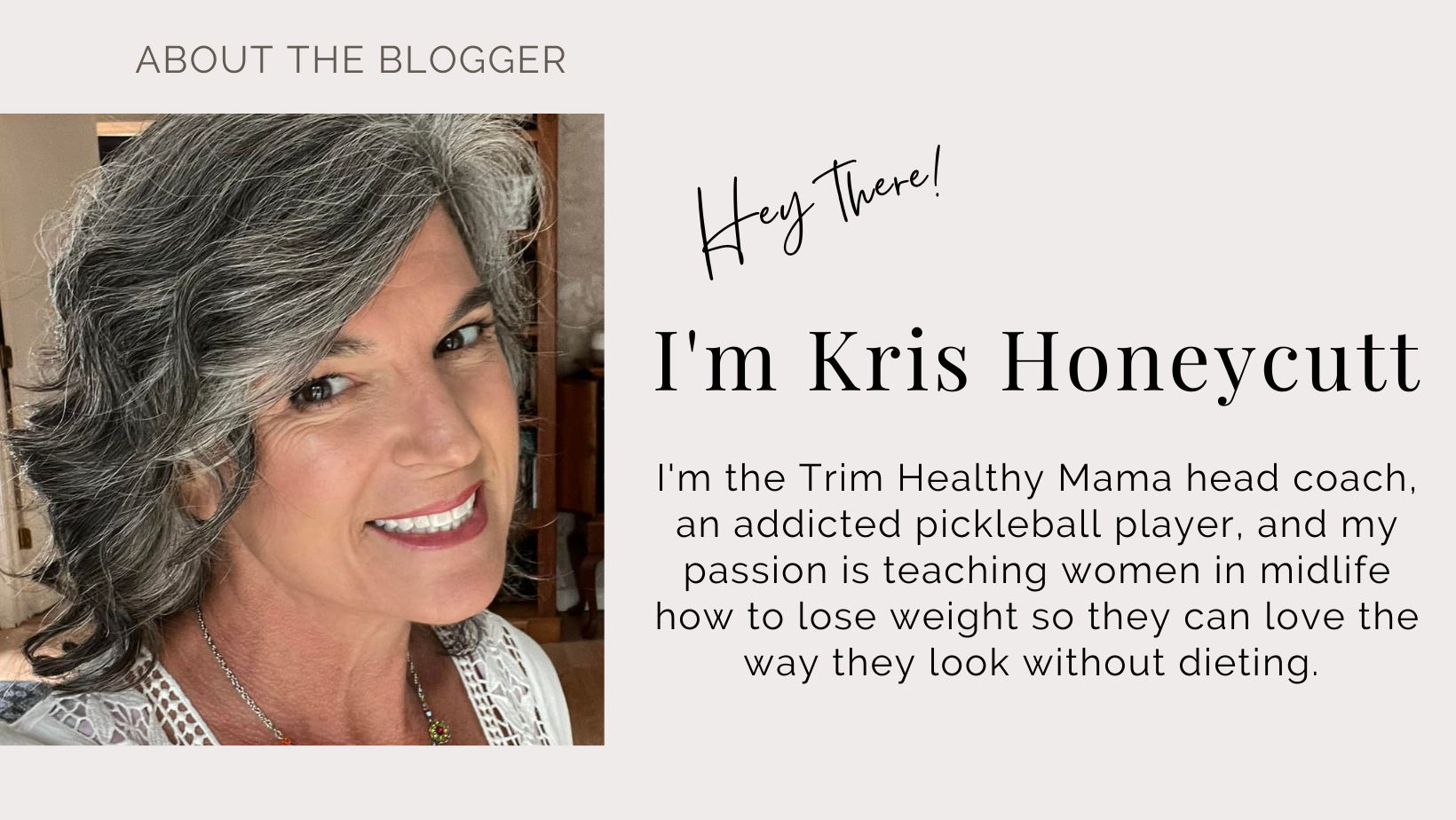Unlock Your Weight Loss Mindset And Actually Master Menopause

Music provided by: https://www.purple-planet.com/
Apple Podcast - Spotify
Do you ever feel depressed, anxious, or guilty about food before or after eating?
Do you ever wish you could just make it through the day without having to analyze every little thing you eat and when/how you have to work out?
Do you want to avoid discouragement setting you back?
Are you ready to stop the excuses?
Then it’s time for you to get a weight loss mindset working for you. You see, most of us have a pre-established mindset full of unintentional thoughts. These thoughts are messages we get from ourselves, our family, and past experiences. Although it often feels impossible to just “think differently," sometimes making subtle changes in how you think is the KEY to skyrocketing your chances of success and giving you longer-lasting results.
So I'm going to give you seven keys to practice, to overcome self-sabotage.
Key one: be a detective and a watcher of your thoughts. Becoming aware of your thoughts is really where the power starts. Start paying attention and get curious about the thoughts flowing through your brain. Don’t judge them because as soon as you start judging, then you're gonna have all these feelings of shame or guilt or anger or condemnation. Really just watch your thoughts like you are a detective. After spending some time being aware, start jotting down these unintentional thoughts. I like to call this my “brain dump.”
Key two: remember, this is a marathon not to make you feel depressed, but it's not a sprint. It's going to take some time, so play the long game and cultivate patient thoughts as well as helpful truth thoughts. After you become aware and curious about your thoughts, you're gonna be patient and then you're gonna start coming up with thoughts that you can rewire your brain with. But remember, you need to believe it even just a tiny tiny bit. It can't just be this far-fetched thought that you will never buy into. You really want to have a thought that you can believe.
Key three: create renewed helpful thoughts and practice those. Not just in the time of conflict when you're sort of in the middle of something, But practice them daily. You need to reframe your thoughts for yourself and practice them.
Key four: focus on strengths over weaknesses. If you are constantly picking yourself apart and getting down on yourself and looking at all the things that you're not doing right, you will not show up confident, strong, ready to make changes, and taking action. So focus on your strengths. Give yourself an attagirl. Write them down, take some time, and really take inventory of the things that you are doing well.
Key five: focus on what you can have, not what you can't. It's been studied that if you shift from saying “I don't” versus “I can't,” you're 80% more likely to have the better decision or the better behavior when you say “I don't.” When you say “I can't,” you create resistance for yourself, and then you're kind of fighting against yourself. But when you say, “I don't eat white sugar and white flour.” You remove some of the resistance and make an easier path to better choices.
Key six: learn and practice allowing urges. So remember, urges and cravings, are just feelings. They will pass if you allow them to pass. Learn to sit with an uncomfortable urge for a little bit. Watch your mind. It may try to jump through hoops to get you to take a bite of that thing or just throw off your plan.
But you can just say, “This is a feeling that's caused by a thought that I have and there is a trigger.“ You can replace it with something that's on plan. The more you allow the urge to be there without answering it, the more you wire that behavior out of your brain.
Key seven: practice your identity-type thoughts. You could use the “I'm the girl” statements or just proclaim, “I'm walking into freedom with food.” These identity-based statements take practice and need to be cultivated. It's a projection of who you want to be not necessarily who you are right now.
Fundamental mindset changes are key to achieving sustainable lasting weight loss and results. So I'm sure like me, you have tried to change the circumstances and yet you find yourself back in the pattern of choosing the behavior you’re trying to avoid. This mindset work is what will allow you to pivot, change, and play the long game.
Those with the growth or you can say faith mindset tend not to view things as failures but as learning experiences and chances for growth and change. So guys, when you do mess up and we will, don't make it mean you're a failure, that you can't do this, that it's too hard. Work to eliminate any other excuse or lie that you're telling yourself or believing.
Making mindset shifts stick means setting yourself up for success with intentional small changes.
Take some of these tools and start working on these thoughts so you can become free from the sabotaging thoughts that keep you from creating the results that you desire and deserve.
“We are not victims of our biology. We are co-creators of our destiny alongside God. God leads, but we have to choose to let God lead. We have been designed to create thoughts, and from these we live out our lives (Prov. 23:7).”
― Caroline Leaf, Switch On Your Brain: The Key to Peak Happiness, Thinking, and Health





